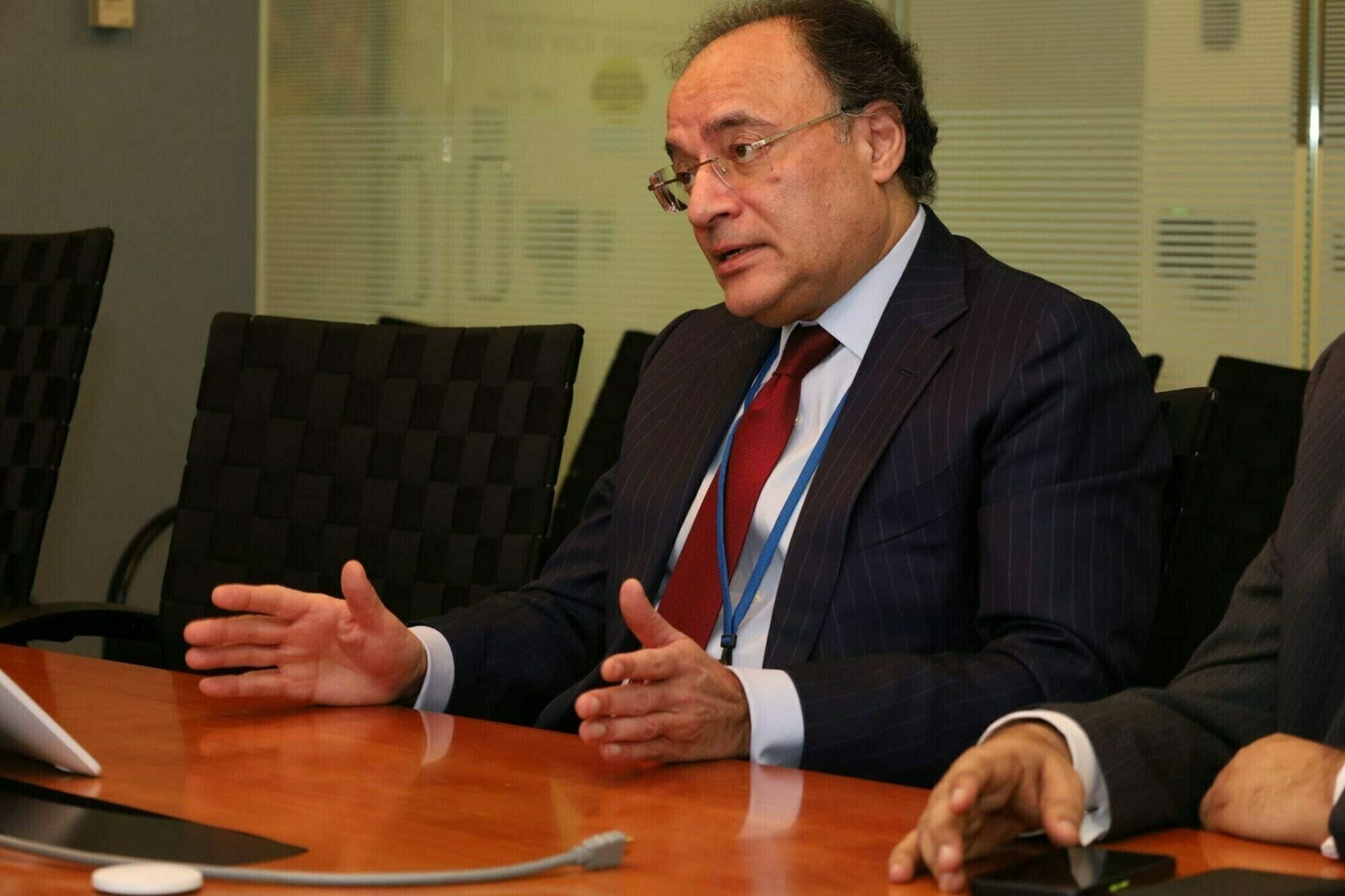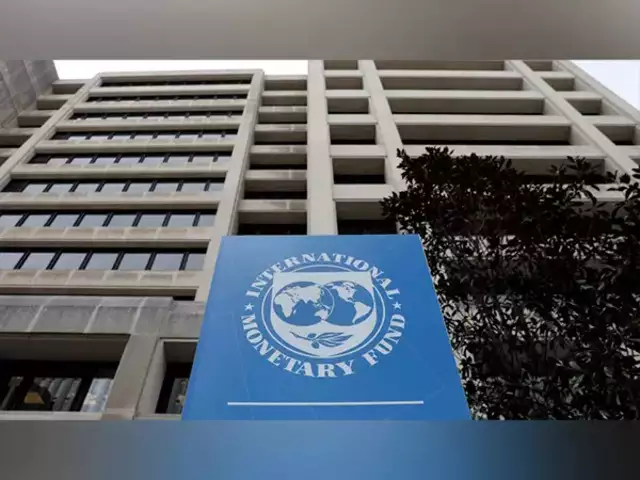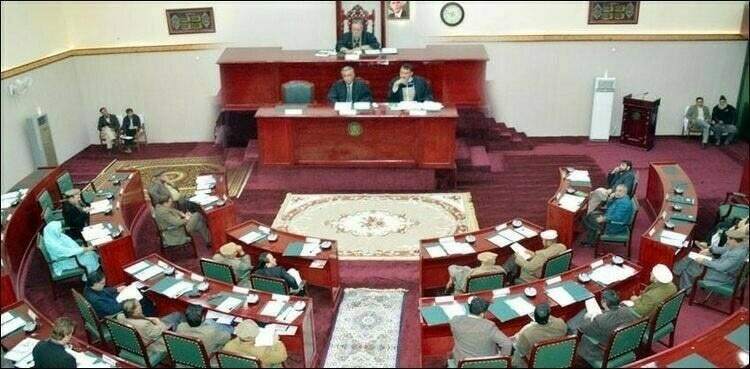PTBP Web Desk
Finance Minister Muhammad Aurangzeb, on Friday, underscored the government’s dedication to fostering a robust insolvency regime designed to promote investment, economic growth, and creditor protection. Speaking at the stakeholder consultation on insolvency and debt enforcement, organized by the Securities and Exchange Commission of Pakistan (SECP), the minister emphasized that this strategic approach would be crucial for enhancing the country’s economic resilience.
A Shift Towards Market-Driven Currency Policies
During his address, Minister Aurangzeb highlighted a significant policy shift, stating, “The currency is going to be led by market forces. No one is going to talk about where the country should be as that era is gone.” His remarks signaled the government’s intent to move away from traditional interventionist policies and adopt a more market-oriented approach that fosters stability and investor confidence.
The consultation drew a diverse array of participants, including international delegates, judges from all high courts, legal practitioners, regulators, and policymakers. This broad representation underscored the multi-stakeholder approach needed to tackle challenges and devise practical solutions for insolvency and debt enforcement.
Commitment to Business-Friendly Reforms
Aurangzeb reiterated the government’s resolve to create an environment conducive to business growth. “This is going to be an enabling framework that not only facilitates access to credit and finance but also ensures a systematic approach for rescuing businesses in distress,” he said. The minister stressed that the government’s role would be to provide policy continuity, while the private sector would need to drive progress.
“The private sector has to lead the country, and the government is there to provide a policy framework and policy continuity,” Aurangzeb added, signaling a collaborative partnership between the government and private enterprises.
Focus on Revival Over Litigation
Discussing strategies for effective debt resolution, Aurangzeb urged banking practitioners to prioritize business revival efforts. “In the first instance, our efforts should be on revival. It is crucial to distinguish between willingness to pay and ability to pay,” he explained. The minister emphasized that addressing “willingness issues” and “ability issues” with management and sponsors could prevent the need for legal action and help businesses recover without escalating to court procedures.
Critique of Directed Lending Policies
Aurangzeb also addressed past policies, particularly directed lending to the housing sector, calling it a flawed approach. “We are not going back to the era of directed lending. We did a wrong thing, and that is not the way forward,” he asserted. Although recognizing housing as a priority sector, the minister called for stronger regulatory oversight and the effective implementation of foreclosure laws. “What we need is a regulatory authority,” he added, stressing the industry’s longstanding demand for such a body.
Economic Stability and Resilience
On the economic front, the minister reported notable achievements. “Stability has been achieved; the currency is stable, and foreign exchange reserves have stabilized,” he said. Aurangzeb highlighted the shift from deficits to surpluses in primary and current accounts, noting that foreign reserves now cover approximately two and a half months of imports, with a projected three-month cover by the end of the fiscal year—a benchmark deemed favorable by international rating agencies. This, he said, would pave the way for improving Pakistan’s credit rating to at least the ‘single B’ category.
Insights from Legal Experts and International Best Practices
The SECP chairman underscored the importance of effective insolvency and debt enforcement frameworks for economic growth. He proposed the formation of specialized working groups focused on both insolvency and debt enforcement regulations. The event featured significant contributions from judges of the high courts, whose legal expertise was instrumental in enriching discussions.
Sergio Ariel Muro, Finance Sector Specialist (Insolvency) at the World Bank, shared valuable insights into international best practices. Muro highlighted that a strong insolvency framework is key to economic resilience and supports long-term growth by enhancing investor confidence.
Panel Discussions and Collaborative Solutions
The consultation included expert panels discussing critical issues such as strengthening institutional frameworks for debt enforcement, bridging gaps in insolvency legislation, and fostering coordination among various stakeholders to improve dispute resolution processes. These discussions provided a collaborative platform for local and international experts to share knowledge and propose innovative solutions tailored to Pakistan’s unique challenges.
The conference continued on Saturday, with a specific focus on debt enforcement. This phase aimed to deepen stakeholder engagement and set the stage for practical, policy-oriented reforms.




